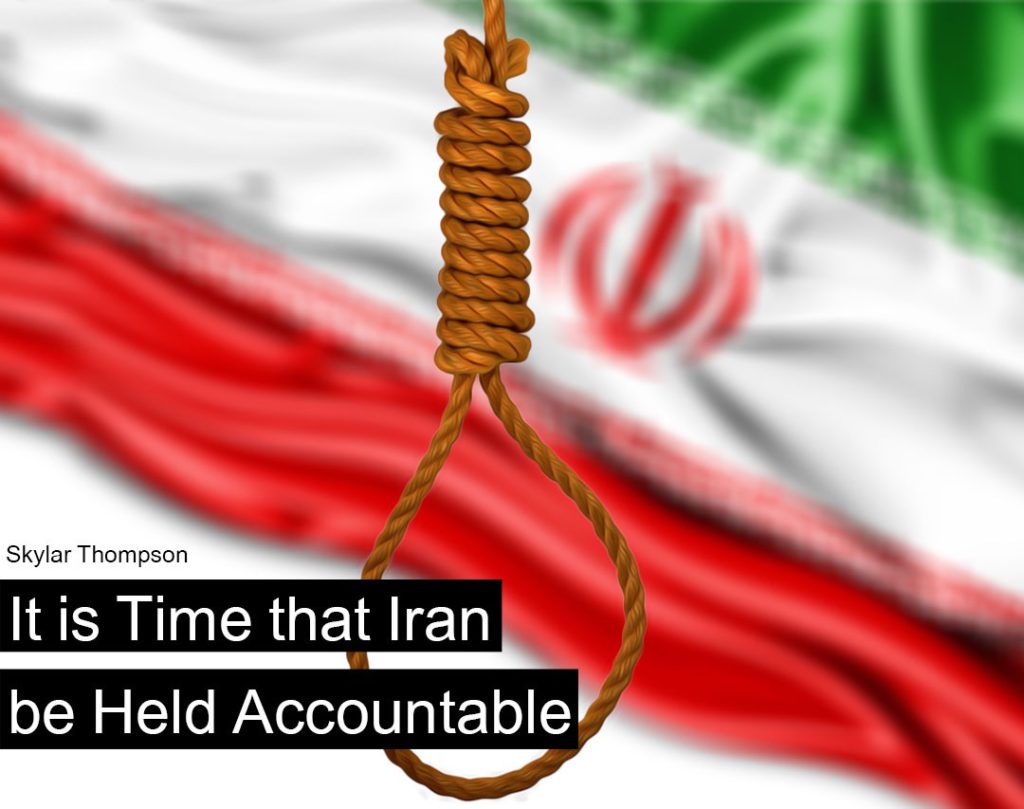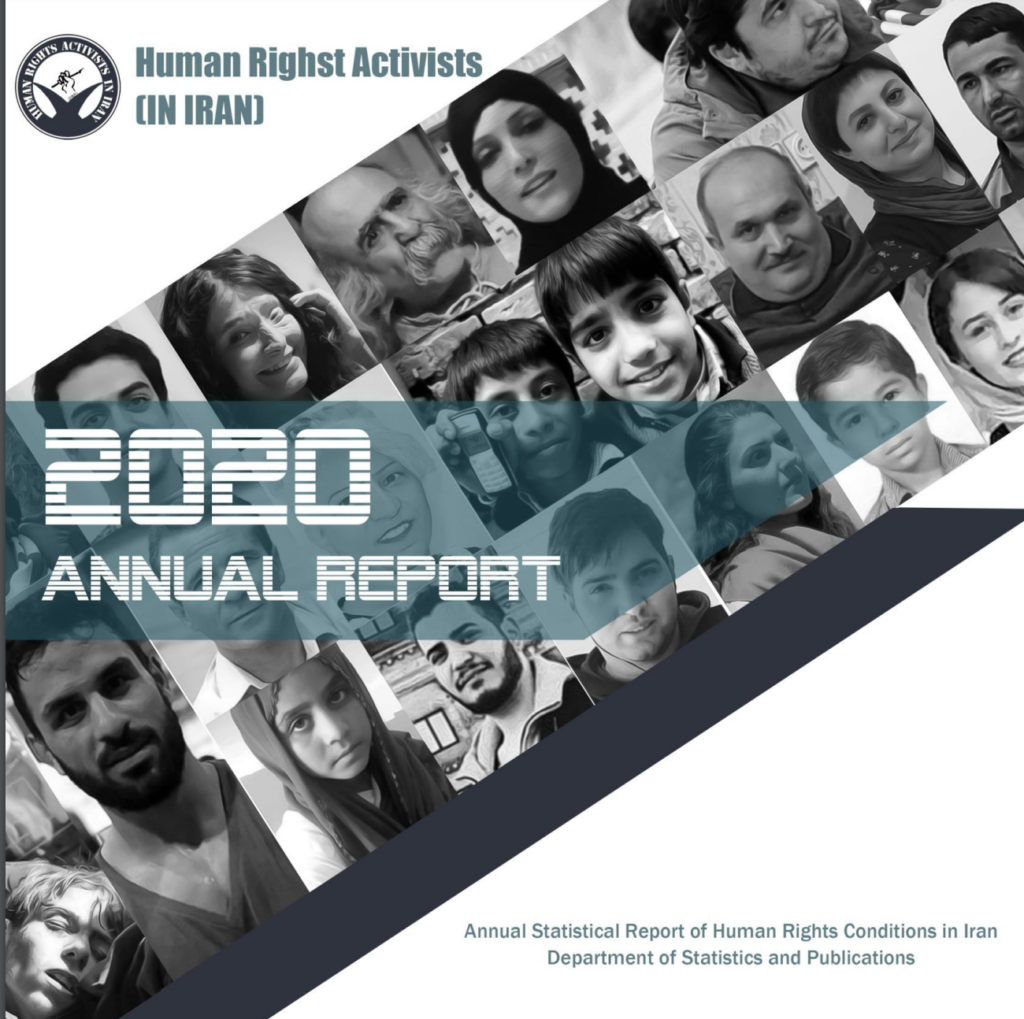First they banned Telegram now Iran’s IRGC is using it to spread misinformation and intimidate victims
Telegram, founded in 2013, is an encrypted, cloud-based, and cross platform instant messaging service. It allows for the exchange of messages, both privately and in groups. Furthermore, it allows for voice and video calls and live streaming. It also contains some social networking features, allowings its users to post stories, create groups of 200,000 members and create channels. According to official sources Telegram has 55.2 million daily active users and 700 million active users per month. It is the most widely used messaging application in Iran.
HRA has monitored the official activity of the Islamic Revolutionary Guard Corps (IRGC) on the Telegram platform between October and December 2023. HRA’s investigation into the IRGC’s use of Telegram has revealed a disturbing trend of the widespread dissemination of misinformation, the harassment of victims, namely of human rights defenders, journalists, political activists, and their families. There is additionally an alarming pattern of the broadcasting of coerced forced confessions that amount to torture under international law.
Alarmingly, there is no comprehensive set of community guidelines banning the use of the platform by groups known to engage in said behaviors. Telegram’s terms of service lack explicit and detailed provisions pertaining to hate speech. Within its rather vague terms users are not permitted to ‘Promote violence on publicly viewable Telegram channels, bots, etc.’ Durov, the CEO and founder of Telegram, has provided additional clarification on the matter, affirming that the guidelines of Telegram forbid the promotion of violence and the use of hate speech. He further clarified that the platform relies on its users to report content that violates the rule. Telegram terms additionally assert that when content is posted in private groups and channels they do engage in the removal of content whatsoever.
When Telegram refuses to engage in content removal, the IRGC channels, which can yield viewership in the three millions are broadcasting the coerced forced confessions of innocent victims of serious human rights violations. The broadcasting of these forced confessions, which notably amount to torture under international law, not only heavily influence public opinion, but directly interfere with a defendants right to due process. Rather than relying on users to report content that violates the vague standards Telegram sets out, the platform should adhere to an ethical practice of its own. The influence on public opinion reaches far beyond the broadcasting of forced confessions and includes the dissemination of misinformation related to intimidation of victims’ families and justifications for abuse.
HRA has compiled a table of the most notable Telegram channels being used by the IRGC at this time (24 active channels with a total of over 1,362,000 members.). The following table includes 1.) Names and descriptions of the channels known to run by the IRGC 2.) Recent channel activity that should be investigated for removal by the Telegram platform 3.) Spreading Justice profiles associated with a given organization running a given channel.
Interestingly, this is all against the backdrop of a 2018 ban of Telegram in Iran citing the application had become “a safe haven for committing different types of crimes.” The move was accompanied by a ban against the use of all foreign messaging applications by government bodies, including Telegram.
More than five years later, government bodies are seemingly the ones with the so-called safe haven to commit those crimes. Allowing the IRGC to continue to use Telegram as a tool to intimidate victims, spread misinformation, and consistently interfere with the right to fair trial is a mere extension of the impunity already enjoyed in the context of Iran. Telegram must immediately address these observations; a failure to do so can be seen as nothing short of complicity.
*To prevent the promotion of channels, names and information related to these activities are provided non-publicly upon the request of governments, institutions, and media.
For more information please contact Skylar Thompson, Director of Global Advocacy and Accountability at Human Rights Activists in Iran (HRA) skylar[at]hramail.com



